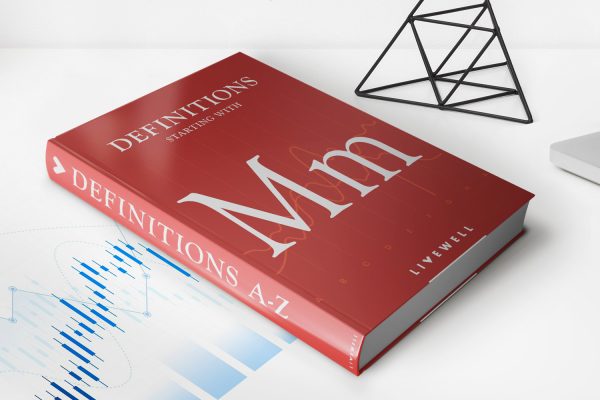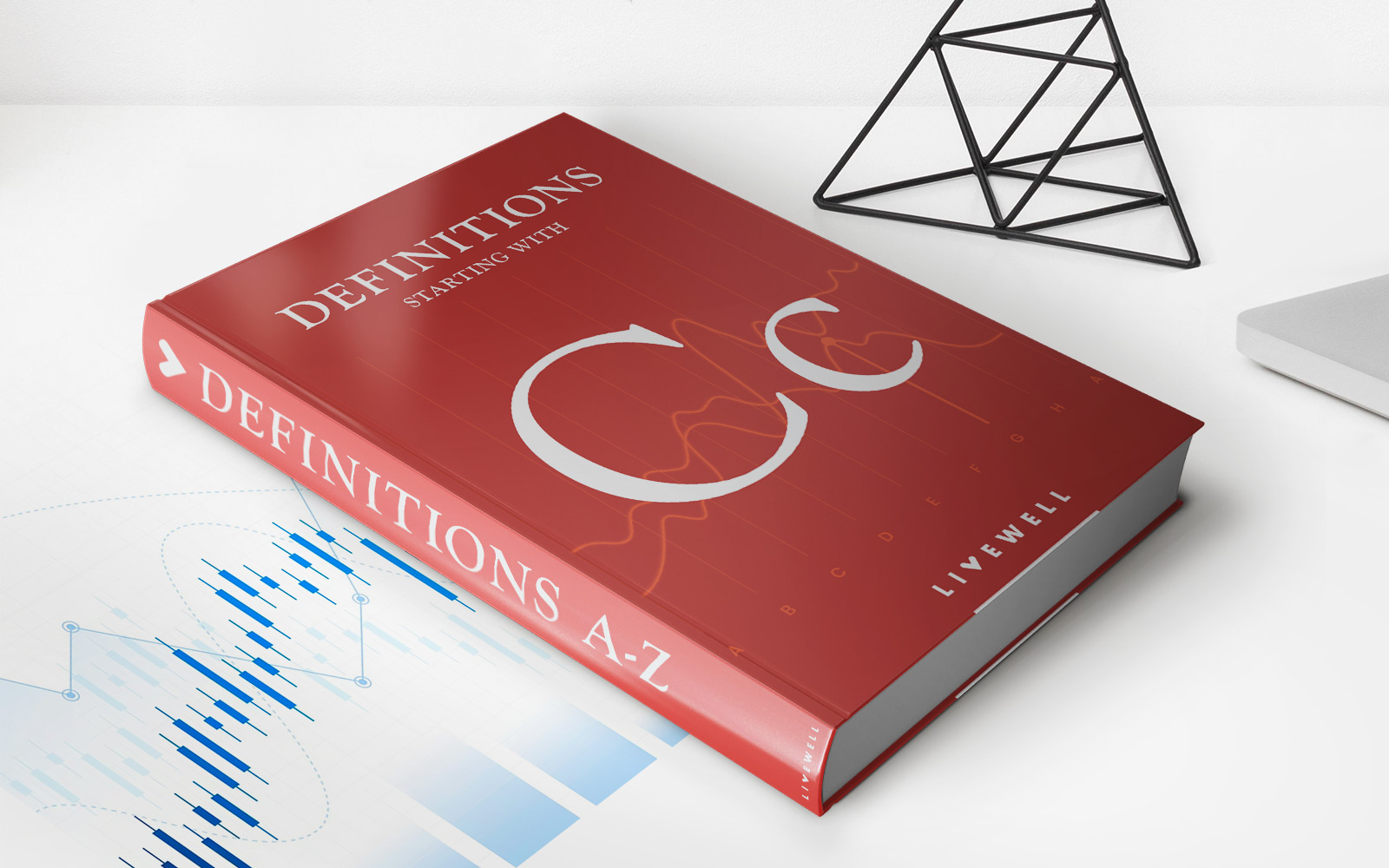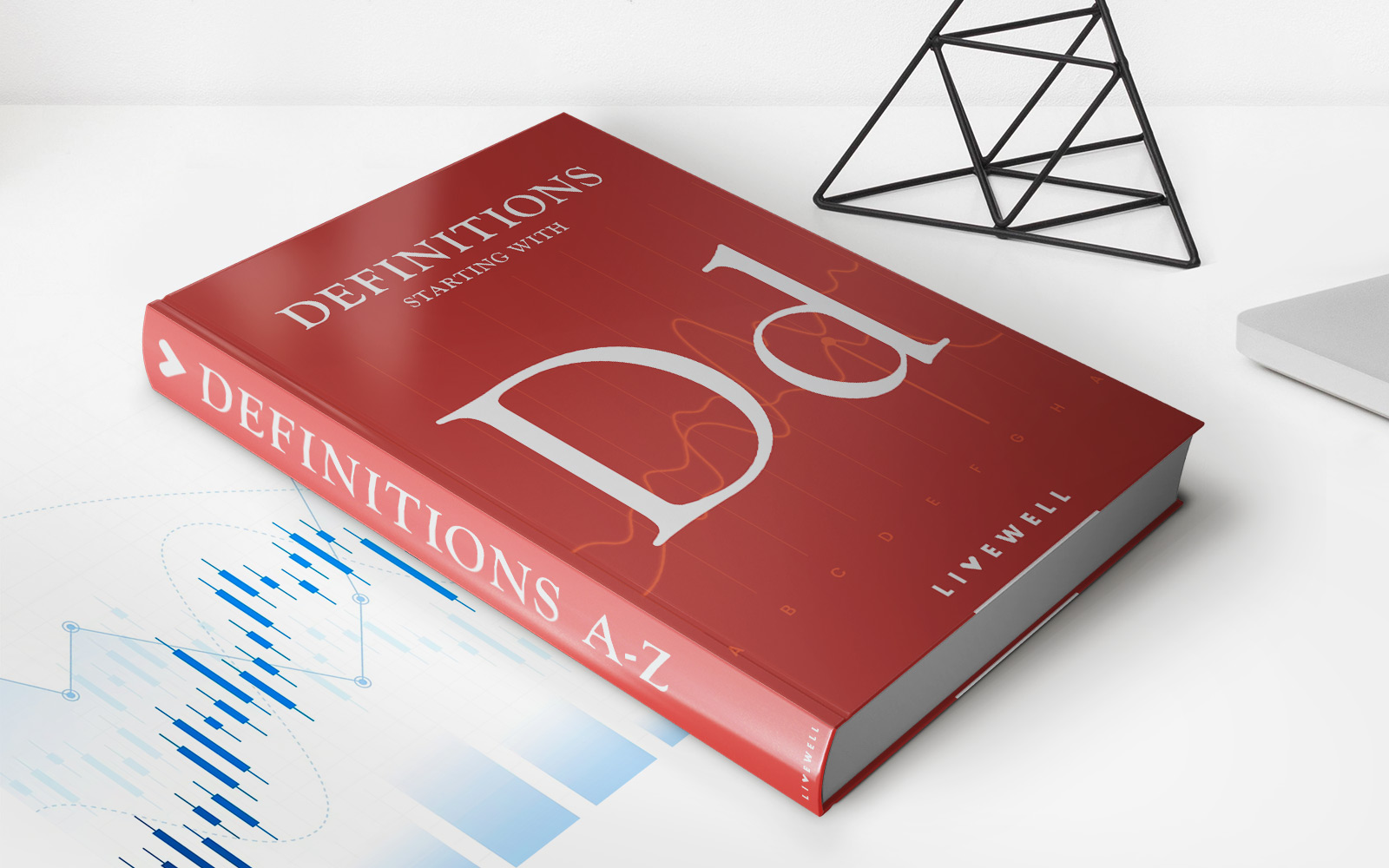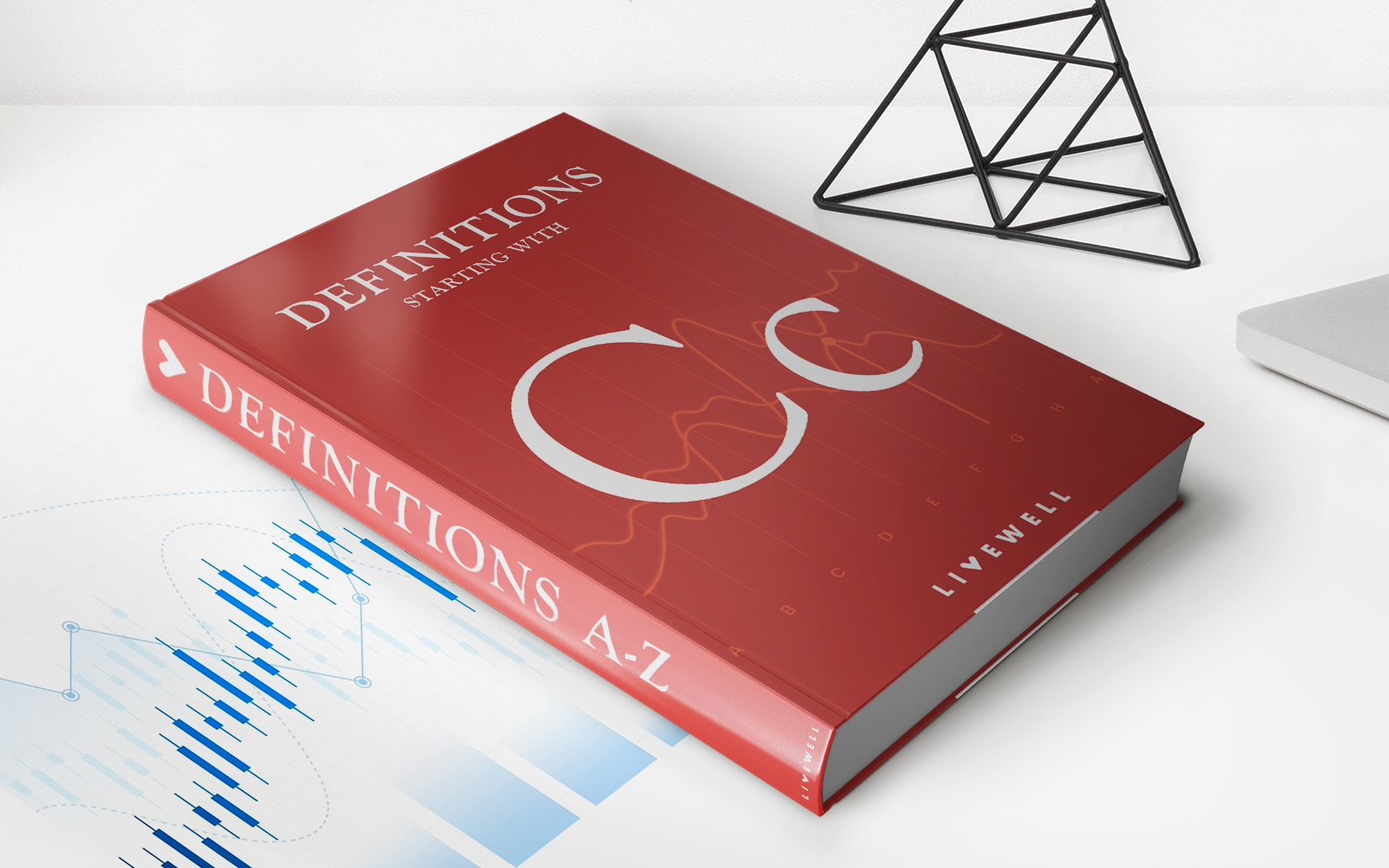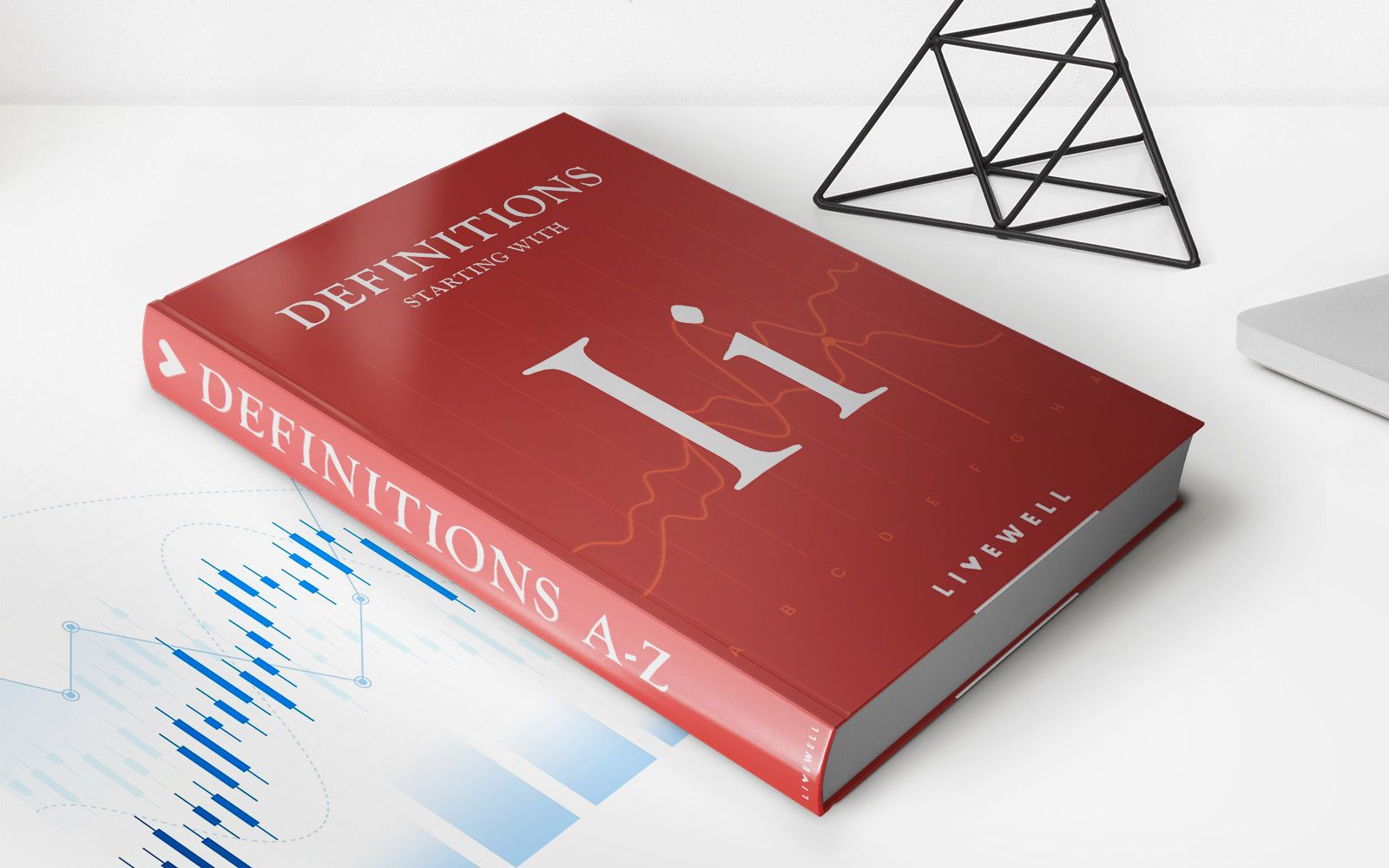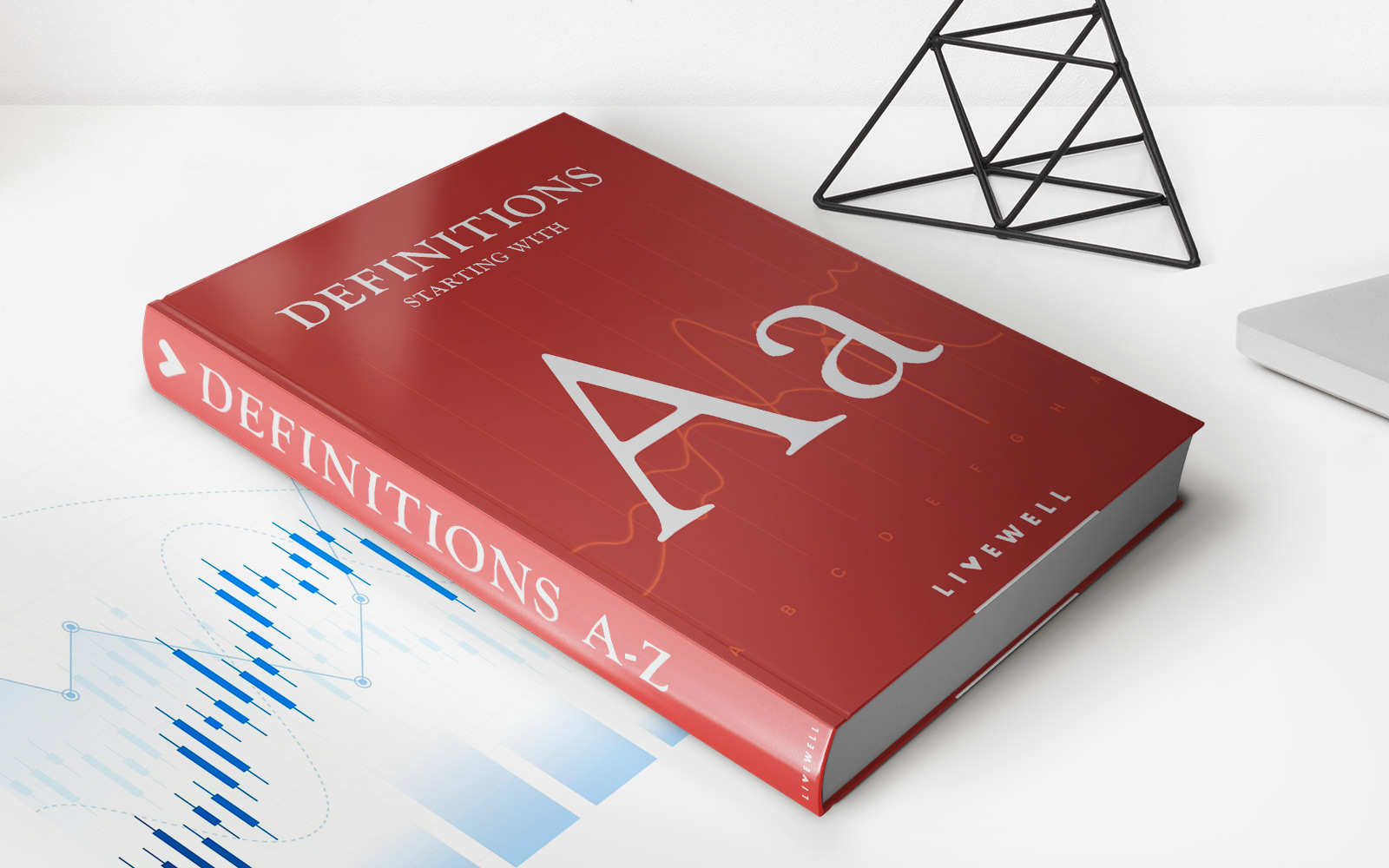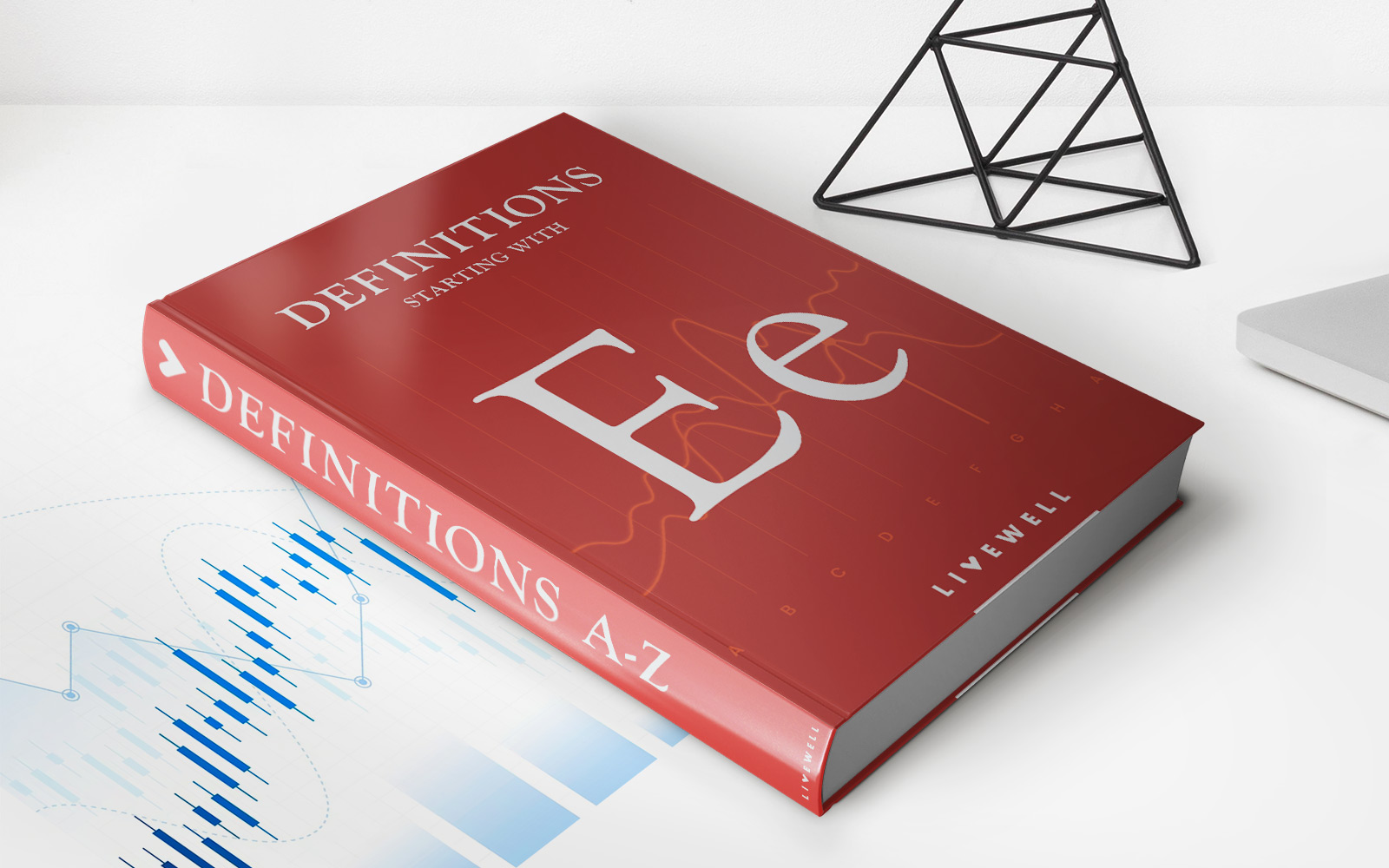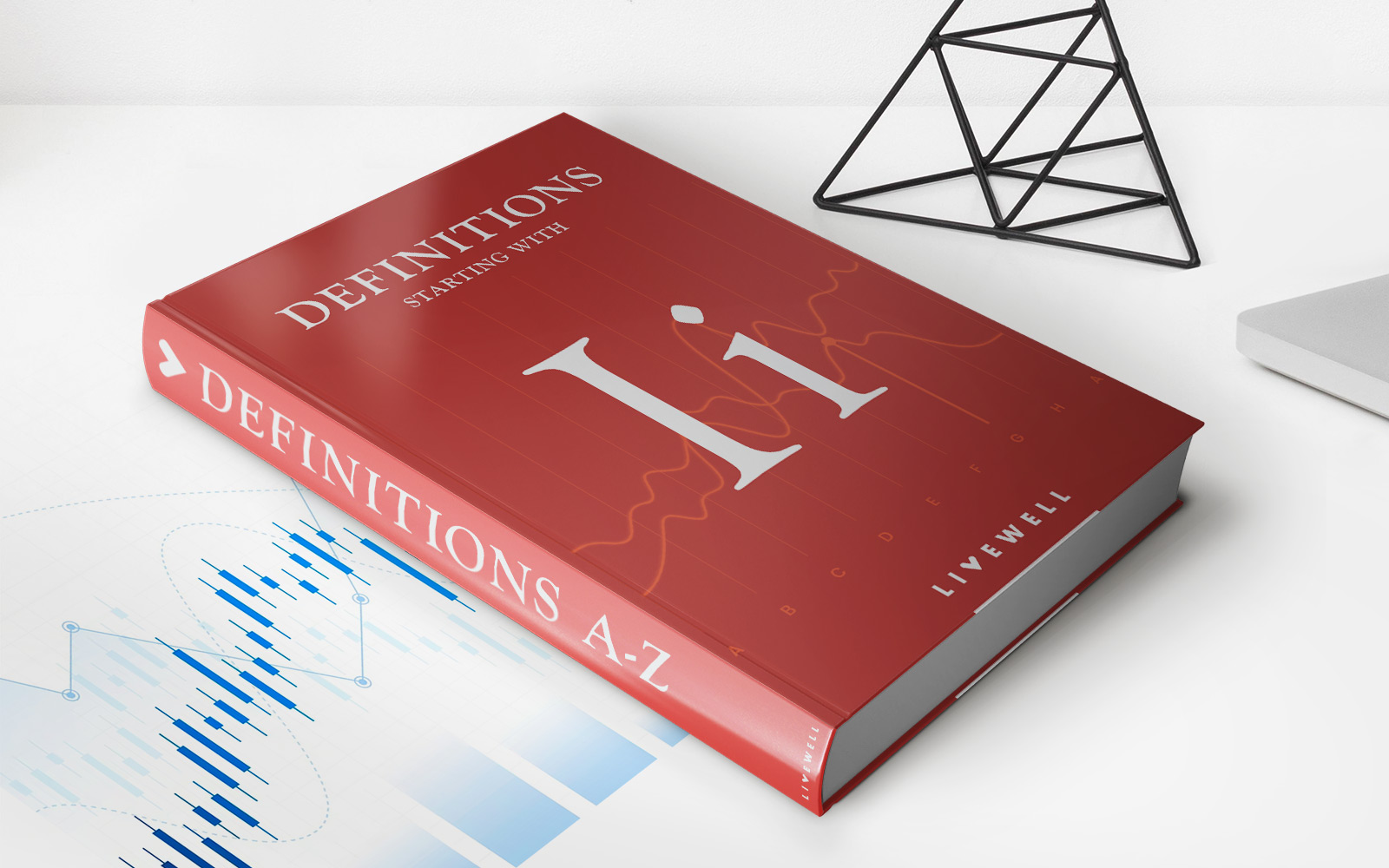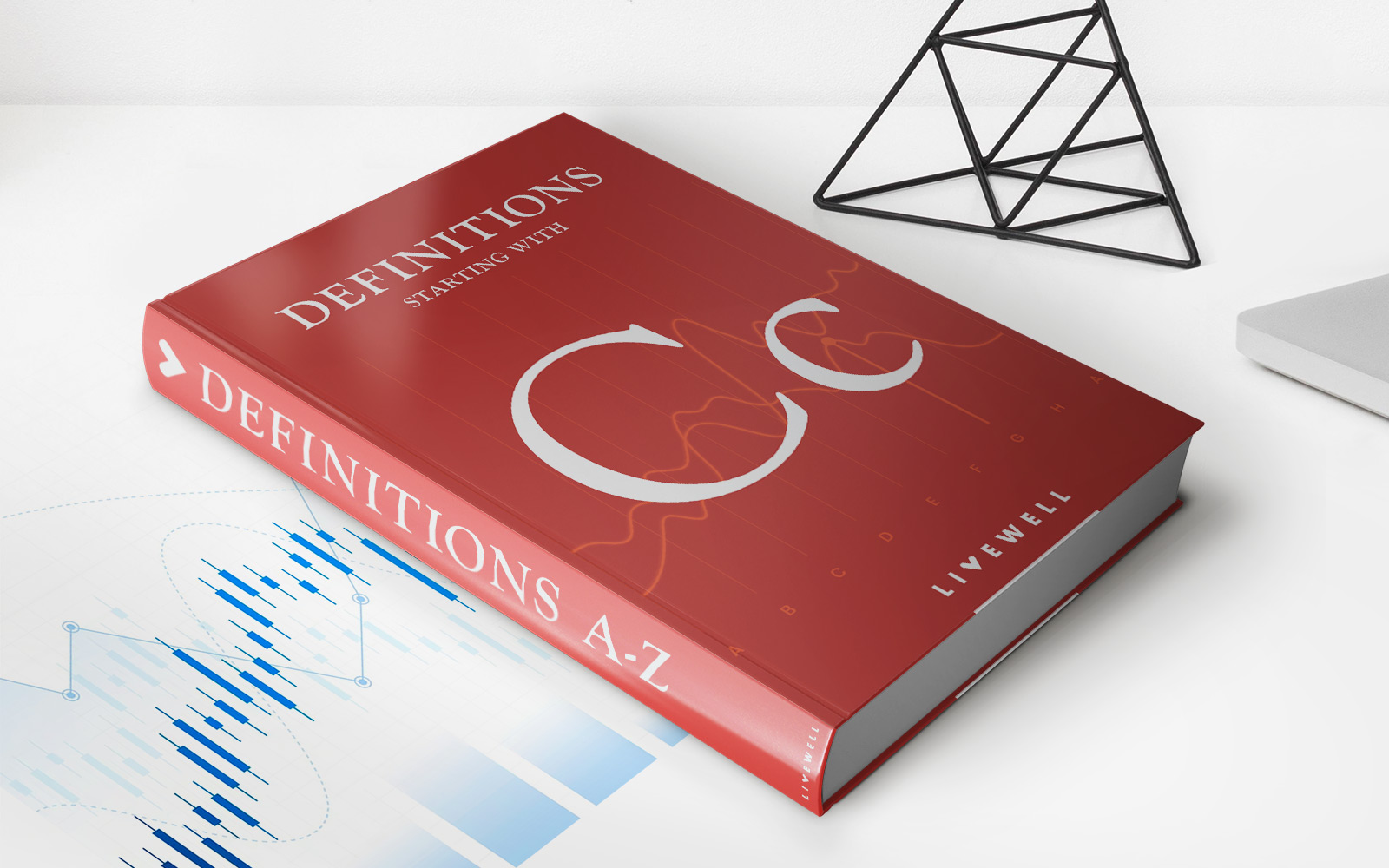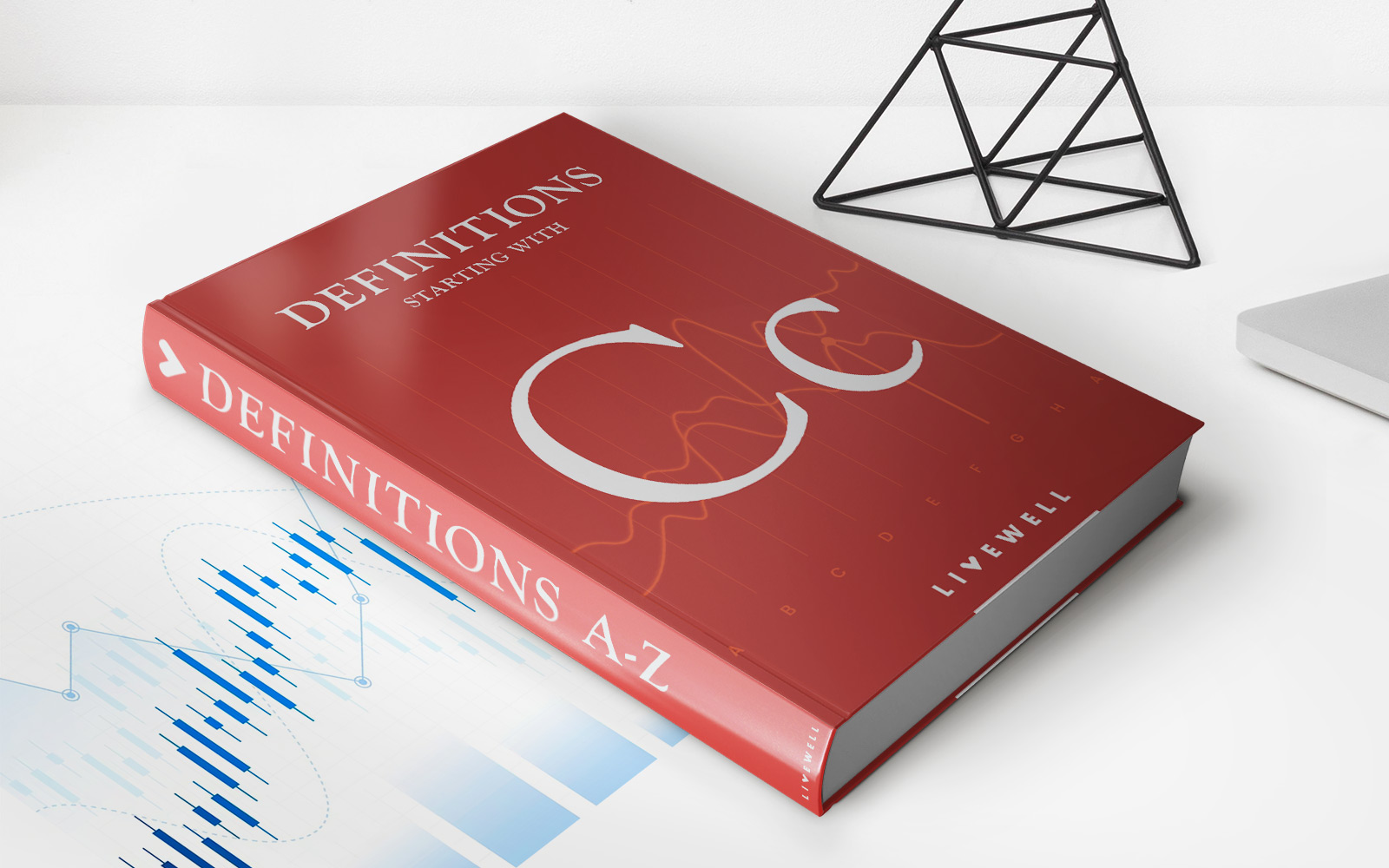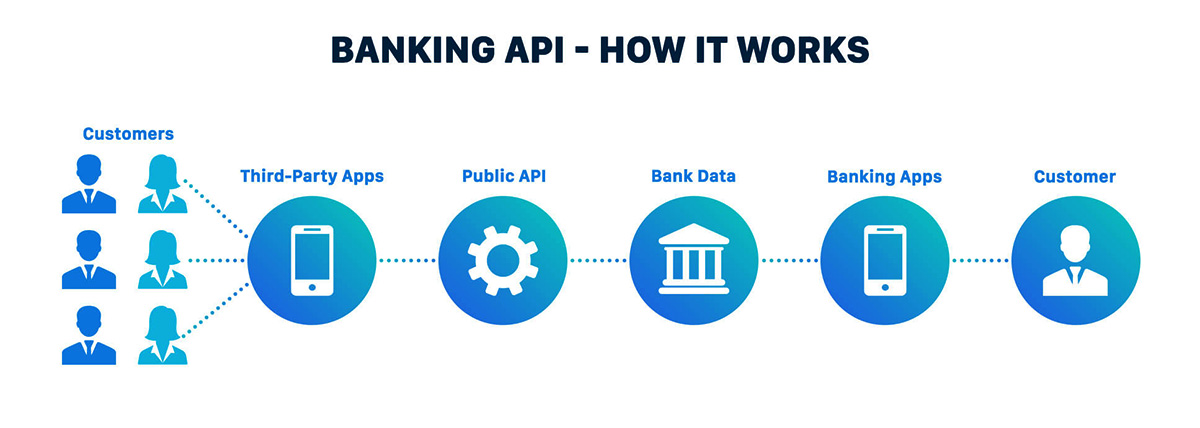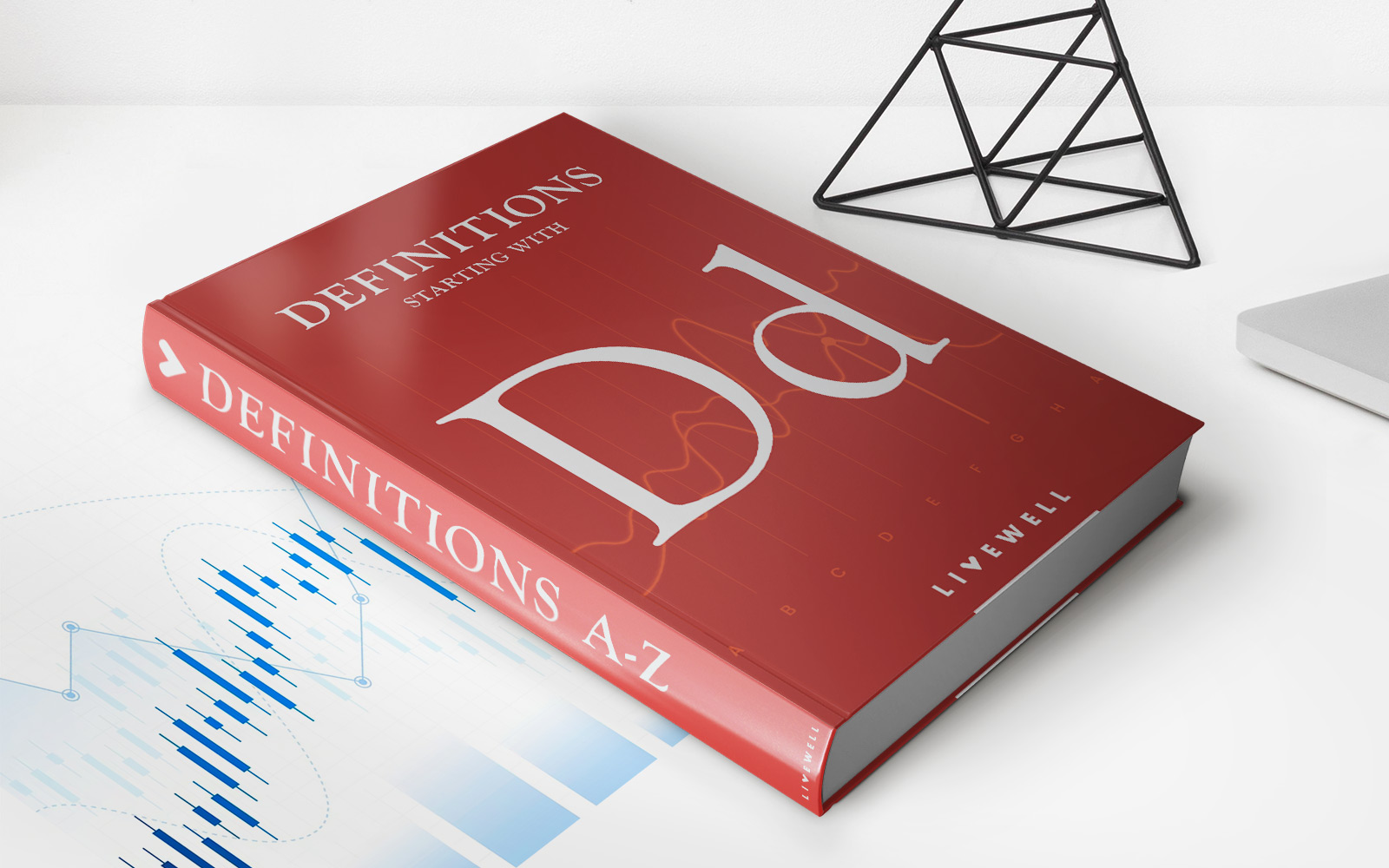Home>Finance>Gharar: Meaning, Definition, Islamic Perspective, And Examples
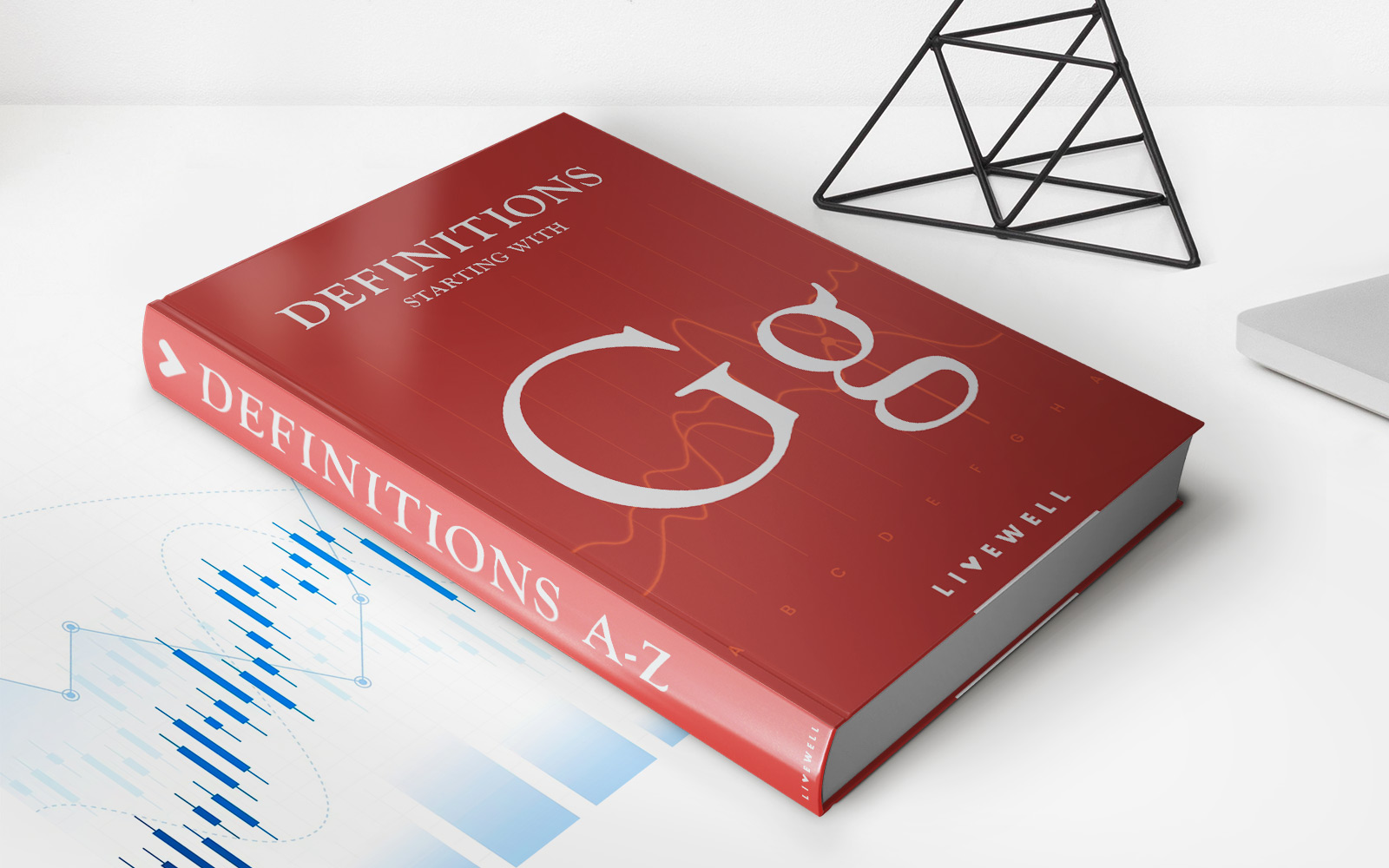

Finance
Gharar: Meaning, Definition, Islamic Perspective, And Examples
Published: November 30, 2023
Learn the meaning and definition of gharar in finance, explore its interpretation from an Islamic perspective, and discover real-life examples.
(Many of the links in this article redirect to a specific reviewed product. Your purchase of these products through affiliate links helps to generate commission for LiveWell, at no extra cost. Learn more)
Gharar: Meaning, Definition, Islamic Perspective, and Examples
When it comes to finance, there are various concepts and principles that govern different aspects of transactions. One such concept is Gharar, which holds significant importance in Islamic finance. In this blog post, we will explore the meaning and definition of Gharar, its Islamic perspective, and provide few examples to help you grasp its essence.
Key Takeaways:
- Gharar is an Arabic term which refers to uncertainty or ambiguity in a transaction.
- Islamic finance adheres to the principles of Shariah law, and Gharar is considered prohibited.
In Islamic finance, Gharar refers to any form of ambiguity or uncertainty in a transaction. This uncertainty is seen as an element of risk that may lead to disputes or imbalances between the parties involved. Islamic scholars have determined that Gharar compromises the principles of fairness, justice, and transparency, which are the pillars of Shariah law.
Gharar can manifest in various forms, such as:
- Vague terms and conditions: Transactions that lack clear and specific details regarding the subject matter, price, or delivery terms.
- Undefined quantities or qualities: Deals that involve goods or services with unclear specifications or uncertain quantities.
- Hidden defects or uncertainties: Agreements that conceal critical information which could affect the outcome of the transaction.
Islamic finance aims to promote ethical and fair financial practices, and Gharar is seen as detrimental to achieving these goals. To avoid Gharar, Islamic scholars have established guidelines and principles for transactions:
- Clear terms and conditions: All pertaining details regarding the subject matter, price, delivery terms, and conditions must be transparent and well-defined.
- Absence of ambiguity: The quantity, quality, and specifications of goods or services must be explicitly defined, leaving no room for uncertainty.
- Disclosure of critical information: Both parties involved in the transaction should be aware of any hidden defects or potential uncertainties.
Now, let’s take a look at a few examples to understand Gharar better:
- Buying a car without knowing its actual condition or mileage
- Purchasing land without verifying its legal status or pending disputes
- Entering into an insurance contract without clarifying the coverage or exclusions
In these instances, Gharar exists due to the uncertainty or ambiguity surrounding the transaction, making it incompatible with the principles of Islamic finance.
Gharar serves as a fundamental concept to ensure fair and just transactions in Islamic finance. By avoiding Gharar, individuals and businesses can uphold the principles of transparency and honesty, fostering a stable and ethical financial environment.
